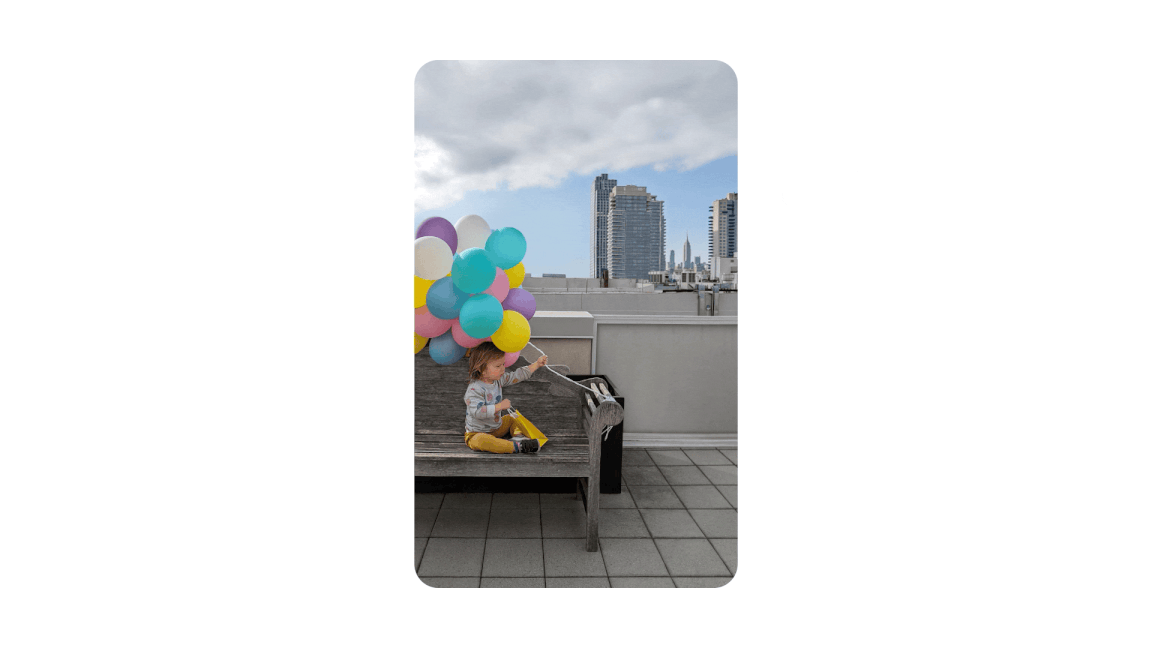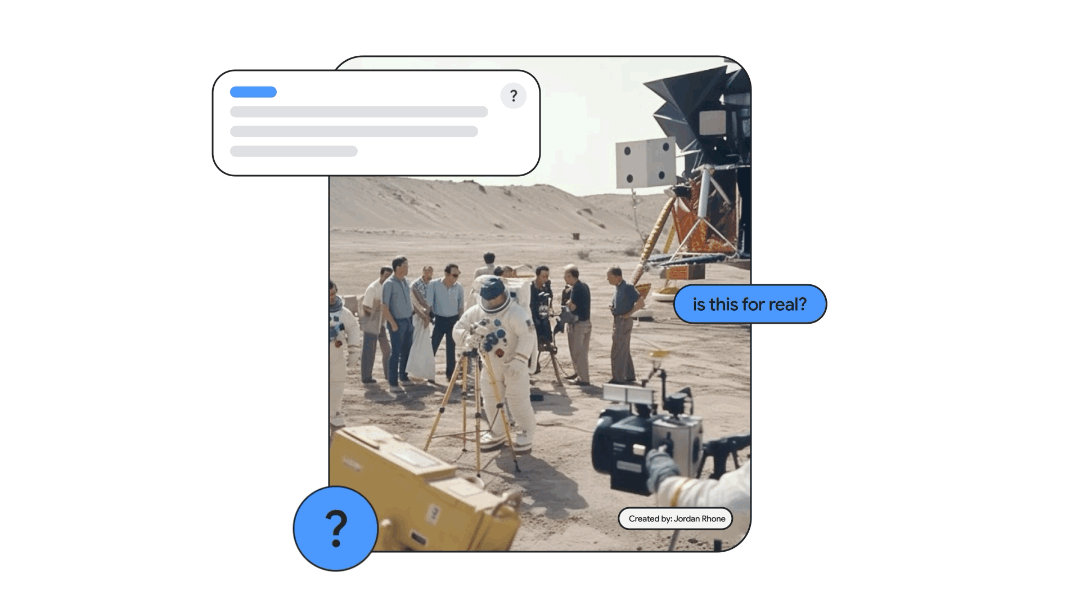Forward-looking: Google unveiled its big push into AI at the I/O event this week. Much of it revolves around image-related generative AI technology, which the company is introducing for numerous new features across Google Search, Android, and more. Google is utilizing AI to assist users in editing images, creating new images, analyzing photos, and communicating in a more immersive manner.
At Google I/O, the company revealed multiple projects leveraging generative AI imaging. Google unveiled new AI features for personalization, editing, search, and more.
Some Pixel phones will receive a new Google Photos feature later this year – Magic Editor. Magic Editor uses generative AI to enable users to edit images with functions similar to powerful tools like Photoshop's Content-Aware feature.
Google's demonstration of the software showcased someone removing a strap from a person's body, brightening the sky, or shifting a picture's subject. In these instances, generative AI fills in the gaps that moving objects would leave behind on patterns such as the ground or a park bench, concealing any indication that the picture was edited.

Google is also employing generative AI in image searches. A new feature called "About this image" will inform users when Google first indexed an image, where it initially appeared, and where else it has been found online. This tool will be available to US-based English users first.
This function aims to bolster efforts in combating misinformation resulting from images being used out of context. Additionally, it will notify users if anyone has confirmed that a picture is AI-generated.
To demonstrate its responsibility with generative AI, Google announced that it will add watermarks to all images created with its AI tools. Moreover, Google Search will display generative AI watermarks from other publishers.

One area where Google is enabling users to utilize AI image generation is Android home screen personalization. Next month, Pixel phone owners will be able to respond to text prompts to create new wallpapers using AI. On-device machine learning will also transform 2D photos into 3D images with the Cinematic wallpaper feature.
Project Starline (video on top), which Google first unveiled in 2021, will also employ AI to provide images with additional depth. Starline is a video conferencing system that aims to render call participants in realistic 3D, creating the appearance of a digital window. The initial prototype utilized a booth-sized array of cameras, but AI has allowed Google to develop a new version that generates better images with fewer cameras in a more compact setup.
Google's image-related announcements are just a portion of its AI initiative, an essential aspect of which includes generative AI-enhanced text search.